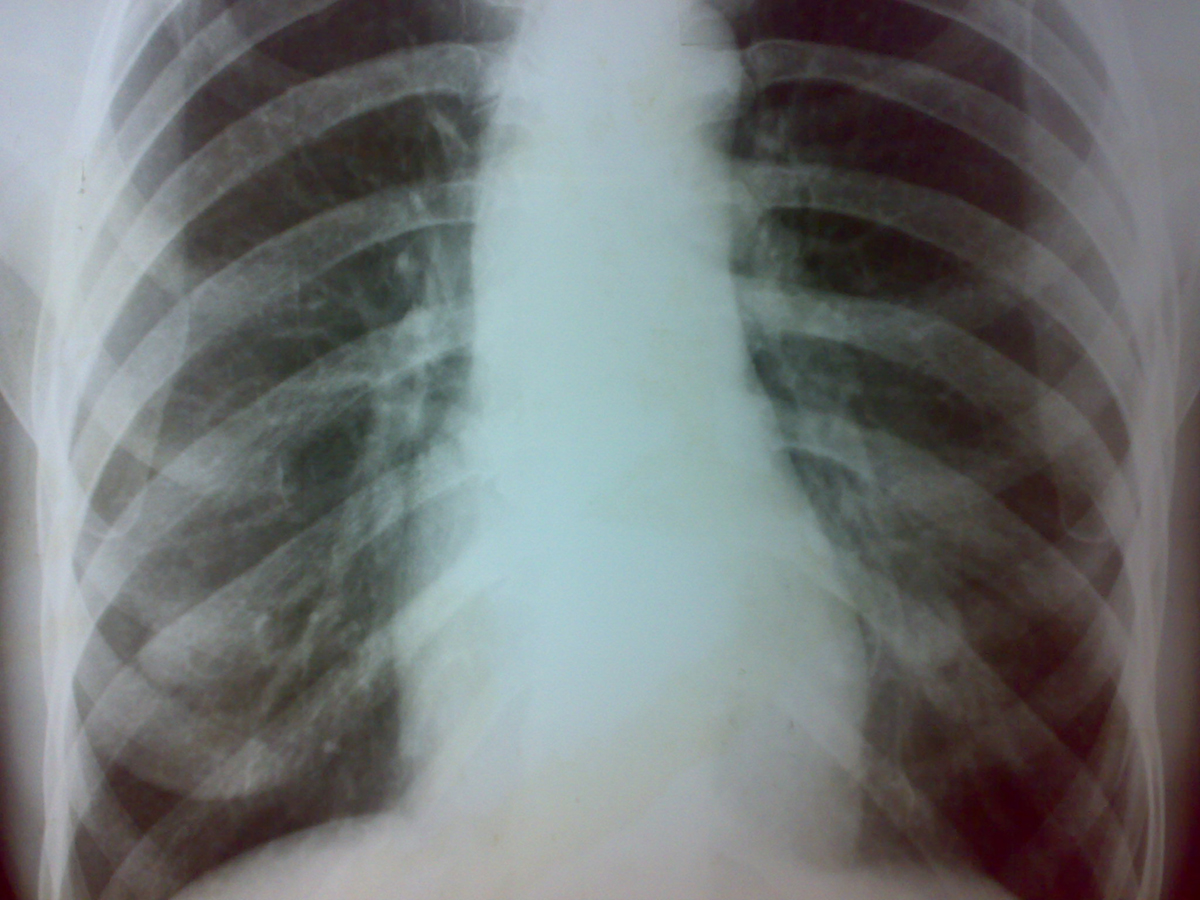
The esophagus is a long and hollow tube that stretches from the oral cavity and ends up in the abdomen. The main purpose of this tube is to transfer the food a person consumes to the stomach in order for it to be digested. Esophageal cancer is the type of cancer which develops in this tube, more precisely in certain layers of the esophagus. According to available data, this type of cancer is not reported very often in the United States. On the other hand, cancer of the esophagus is more frequent in Asia and certain parts of Africa.
Cancer Cells in Esophagus
When malignant or cancer cells form in the tissues of the esophagus a person is considered to be suffering from esophageal cancer. The wall of the esophagus consists of more than one layer and some of these are mucous membrane, muscles and connective tissue. The most usual place where the first cancer cells develop is the very lining of the esophagus. From there, cancer cells tend to spread outward through other layers as the disease progresses and the tumor grows.
Esophageal cancer has more than one type but there are two types which affect the majority of patients. Squamous cell carcinoma and adenocarcinoma are the names of these two types. Both of them are named after the type of cells from which they stem. Squamous cells are thin and flat cells located in the lining of the esophagus. Squamous cell carcinoma can develop in any part of the esophagus but it is usually located in the upper and middle part of the organ. This type of esophageal cancer is also known under the name epidermoid carcinoma. As for adenocarcinoma of the esophagus, the tumor initially affects glandular or secretory cells. The role of these cells is to produce and release certain fluids like mucus for instance. These cells are located in the lining of the esophagus as well. Unlike squamous cell carcinoma, adenocarcinoma mostly starts in the lower part of the organ.
Every cancer has more chance to be cured and successfully treated if it is diagnosed in early stages. The mentioned also refers to cancer of the esophagus and this is why people need to react as soon as they notice any abnormalities that may point to the presence of esophageal cancer. However, many times patients turn to their doctors when the tumor is relatively large and the disease has significantly progressed. Painful and difficulty swallowing and weight loss are considered to be typical signs of this type of cancer. Additionally, some patients may complain about pain behind the breastbone, cough and hoarseness as well as indigestion and heartburn. Since such patients cannot eat and introduce sufficient amount of calories into their bodies, they rapidly lose weight.
When a person comes to the hospital complaining of these symptoms, the doctor will order certain tests in order to determine whether he or she is suffering from esophageal cancer. Chest x-ray and barium swallow are two tests which the doctor prefer to use when suspect cancer of the esophagus.
Esophageal Cancer Risk Factors
A risk factor is anything that can increase the chance of developing a certain disease. Every type of cancer has risk factors and some can be avoided while on others a person cannot have any influence. Tobacco use and heavy alcohol drinking are risk factors a person can avoid. Individuals may also avoid drinking very hot liquids, being obese and eating foods preserved in lye. Another risk factor for esophageal cancer is Barrett esophagus, a condition where the cells lining the lower portion of the organ have changed into i.e. have been replaced with abnormal cells. These abnormal cells can easily transform into malignant cells. Gastric reflux is the main cause of this condition. Older age, being male and being African-American are some of the risk factors on which a person unfortunately cannot have any influence.
Since no cancer type is easily treated, prevention is an essential action that every person should take. Prevention will decrease the chance of developing any type of cancer but it does not mean that a person will not get cancer. The available data show that prevention has lowered the number of deaths caused by cancer. Regular exercise and a healthy diet are considered to be significant protective factors for a lot of cancer types. The best ways to prevent cancer are making certain changes in lifestyle and eating habits, avoiding things that cause the cancer and taking medications which will treat precancerous conditions.
However, if the person does not succeed in preventing developing cancer, he or she should be aware of certain complications which may occur as the cancer of the esophagus advances. Obstruction and bleeding of the esophagus, pain, severe weight loss and coughing are only some of the possible complications.

















Your thoughts on this
Loading...